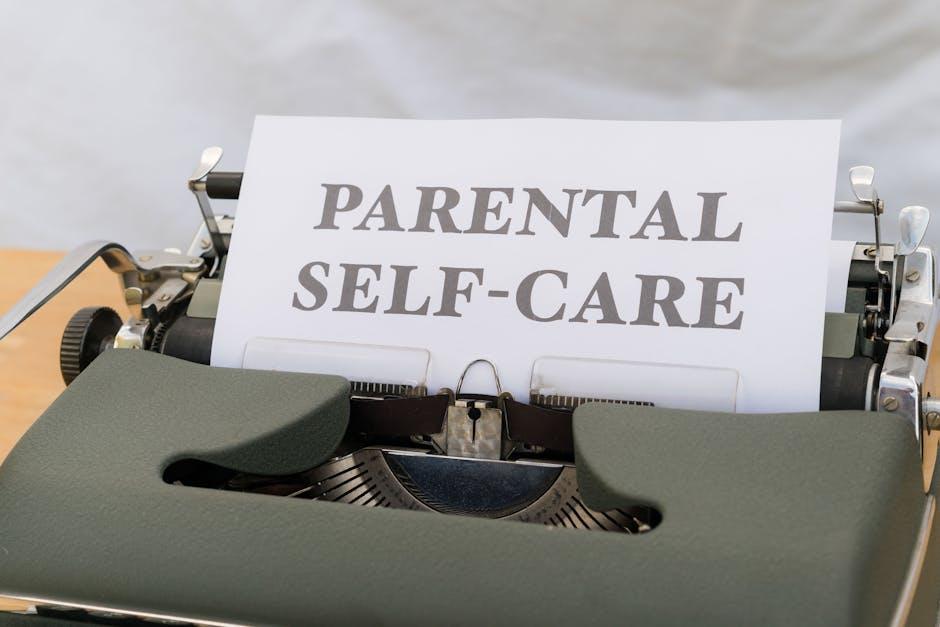In today’s fast-paced world, mental fatigue has become an all-too-common companion for many of us. Whether you’re juggling work responsibilities, personal commitments, or the endless stream of information from digital devices, it’s easy to feel overwhelmed and drained. Understanding that you’re not alone in this struggle is the first step towards finding relief. In this article, we will explore the best tips to prevent mental fatigue, offering practical and compassionate advice to help you restore your mental energy and improve your overall well-being. By incorporating these strategies into your daily routine, you can regain clarity, focus, and a renewed sense of vitality, allowing you to face each day with resilience and optimism.
Understanding the Signs of Mental Fatigue
Recognizing the early signs of mental fatigue is crucial for maintaining mental well-being. Often, these signs can be subtle and easily overlooked, but being aware of them can help you take proactive steps. Here are some common indicators:
- Decreased Concentration: Struggling to focus on tasks or frequently losing your train of thought.
- Emotional Instability: Experiencing mood swings or feeling overwhelmed by minor issues.
- Physical Symptoms: Headaches, muscle tension, or feeling physically drained without any apparent cause.
To better understand how these symptoms might manifest, consider the following table, which highlights the differences between mental fatigue and other types of exhaustion:
| Type of Exhaustion | Key Characteristics |
|---|---|
| Mental Fatigue | Difficulty in thinking, emotional volatility, lack of motivation |
| Physical Fatigue | Muscle weakness, physical tiredness, need for rest |
| Emotional Burnout | Sense of helplessness, detachment, lack of accomplishment |
By staying attuned to these signs, you can take early action to manage and prevent mental fatigue, ensuring you remain balanced and resilient.

Practical Strategies for Daily Mental Rejuvenation
Incorporating small, mindful practices into your daily routine can make a significant difference in combating mental fatigue. Here are some effective strategies:
- Mindful Breathing: Dedicate a few minutes each day to deep breathing exercises. Focus on inhaling through your nose, holding for a few seconds, and exhaling slowly. This simple act can help reset your mental state and reduce stress.
- Digital Detox: Allocate specific times during your day to disconnect from screens. Whether it’s during meals or before bed, giving your mind a break from digital stimuli can help restore mental clarity.
- Nature Walks: Spending time in nature has been shown to lower stress levels and improve mental well-being. Even a short walk in a nearby park can provide a refreshing change of scenery and a much-needed mental break.
Additionally, maintaining a balanced diet and staying hydrated can significantly impact your mental energy levels. Consider the following quick reference guide:
| Nutrient | Source | Benefit |
|---|---|---|
| Omega-3 | Fish, Flaxseeds | Boosts brain function |
| Magnesium | Nuts, Spinach | Reduces stress |
| Water | Plain Water, Herbal Teas | Prevents dehydration |
Remember, it’s important to listen to your body and mind, adjusting your strategies as needed. Everyone’s journey to mental rejuvenation is unique, so explore these suggestions and find what resonates best with you.

Creating a Restorative Environment for Your Mind
In our fast-paced world, finding a tranquil space for your mind is essential. A restorative environment can be your sanctuary—a place where your thoughts can wander freely without the burdens of daily stress. Begin by designating a specific area in your home as your mental retreat. This space should be free from digital distractions and filled with elements that promote calmness, such as soft lighting, comfortable seating, and soothing colors.
- Natural Elements: Incorporate plants or a small indoor fountain to bring nature’s calming presence indoors.
- Aromatherapy: Use essential oils like lavender or eucalyptus in a diffuser to create a soothing atmosphere.
- Personal Touches: Add items that bring you joy or comfort, like favorite books or family photos.
Another crucial element is sound. Consider a playlist of gentle instrumental music or nature sounds to enhance the serenity of your space. Balancing silence with soothing audio can help reduce mental fatigue and encourage a meditative state. Below is a simple guide to select auditory elements for your environment:
| Type of Sound | Benefits |
|---|---|
| Nature Sounds | Reduces stress and anxiety |
| Instrumental Music | Improves concentration |
| Silence | Promotes deep thinking |

Incorporating Mindfulness and Relaxation Techniques
In the hustle and bustle of modern life, integrating mindfulness and relaxation techniques into your daily routine can be a powerful antidote to mental fatigue. Mindfulness is about being present in the moment, fully engaging with your current experience, and letting go of judgment. It helps in reducing stress and enhancing emotional well-being. Here are a few simple ways to start:
- Mindful Breathing: Take a few minutes each day to focus on your breath. Inhale deeply through your nose, hold for a few seconds, and exhale slowly through your mouth. This simple exercise can help center your thoughts and reduce stress.
- Body Scan Meditation: Lie down comfortably and slowly bring attention to each part of your body, from head to toe. This practice promotes relaxation and can help identify areas of tension.
- Gratitude Journaling: Spend a few minutes each day writing down things you are grateful for. This practice can shift your focus from what’s stressing you to what brings joy and contentment.
Relaxation techniques are equally important in combating mental fatigue. These practices can ease tension and provide a mental break from the day’s demands. Consider incorporating some of these into your routine:
| Technique | Description |
|---|---|
| Progressive Muscle Relaxation | Systematically tense and then relax different muscle groups, promoting a state of deep relaxation. |
| Guided Imagery | Visualize calming and peaceful scenes, such as a beach or forest, to reduce stress and anxiety. |
| Aromatherapy | Use essential oils like lavender or chamomile to create a calming atmosphere that soothes the mind. |
By embedding these practices into your lifestyle, you can cultivate a more balanced and serene mindset, effectively counteracting the pressures that contribute to mental fatigue.








































